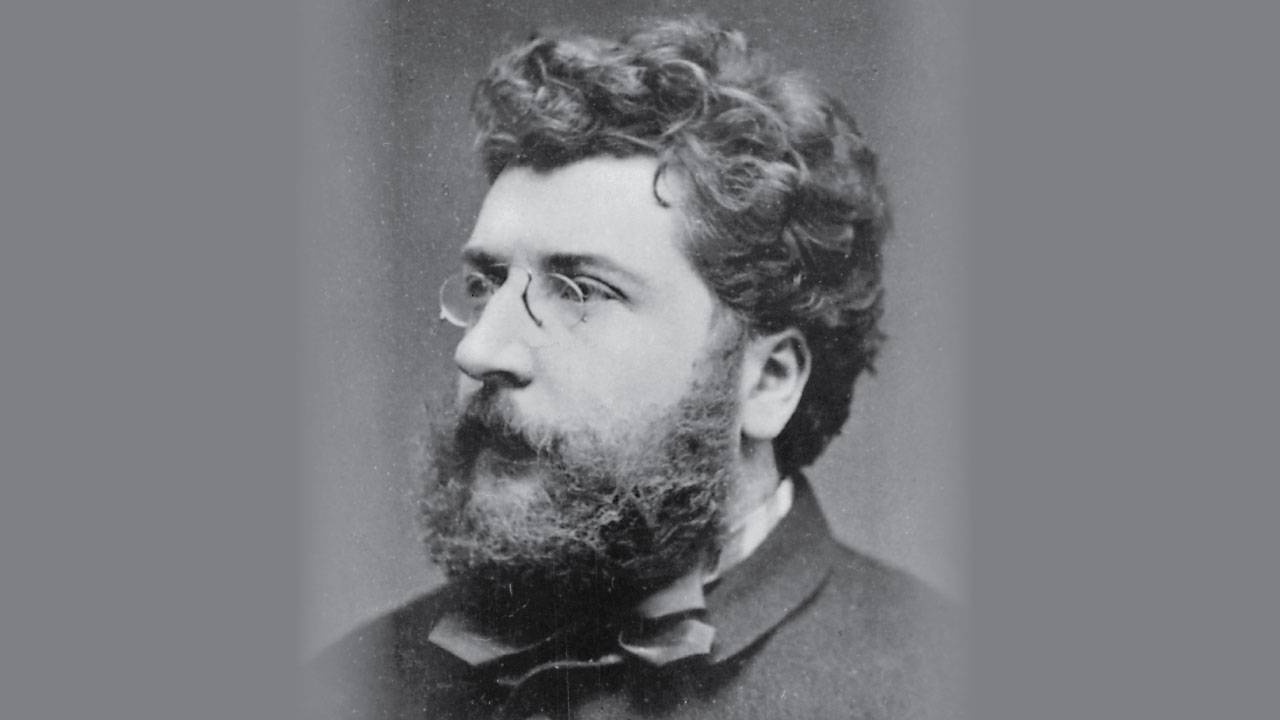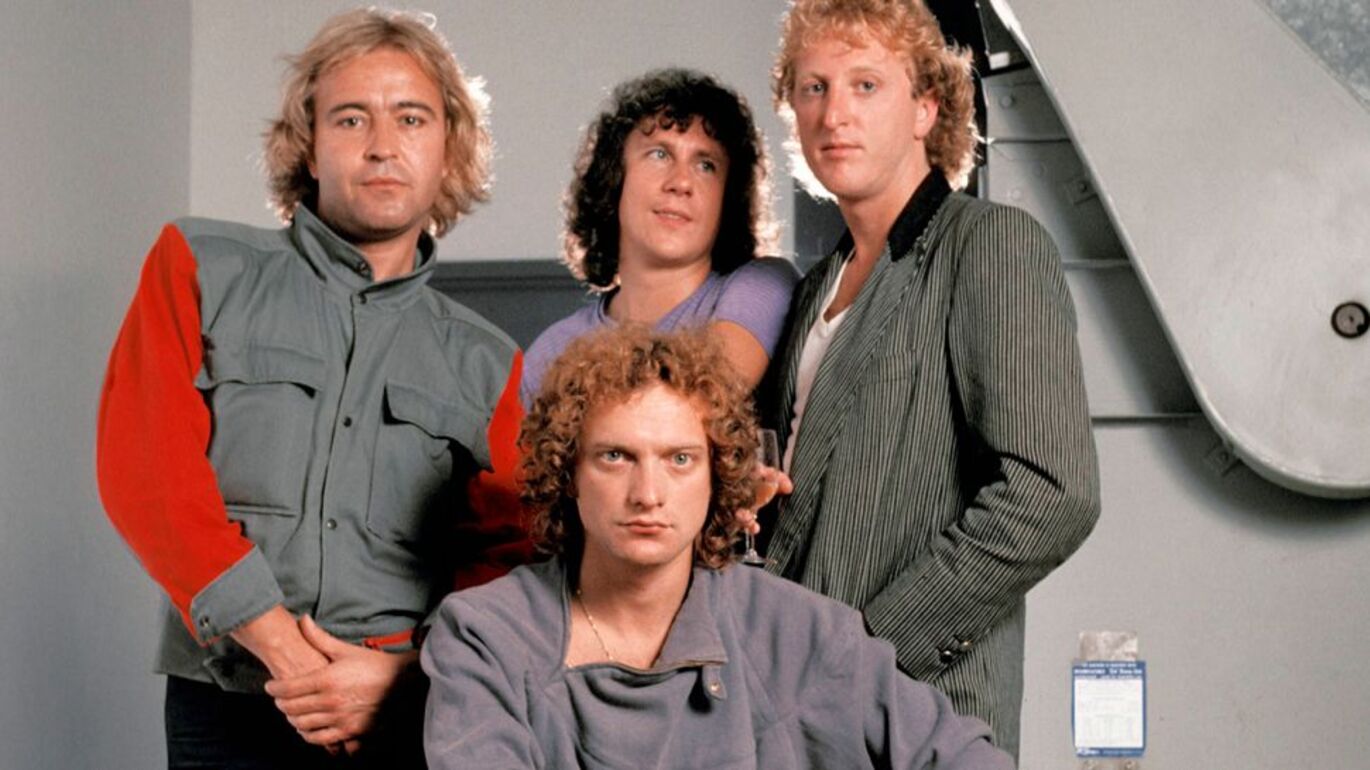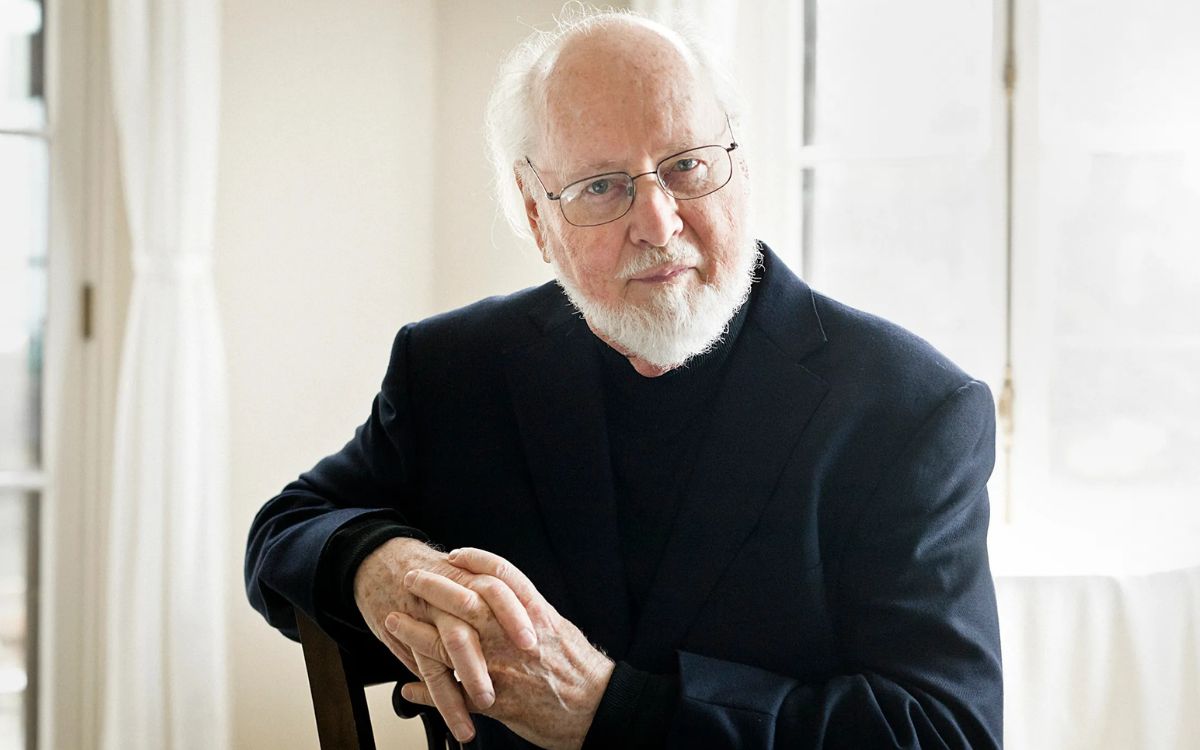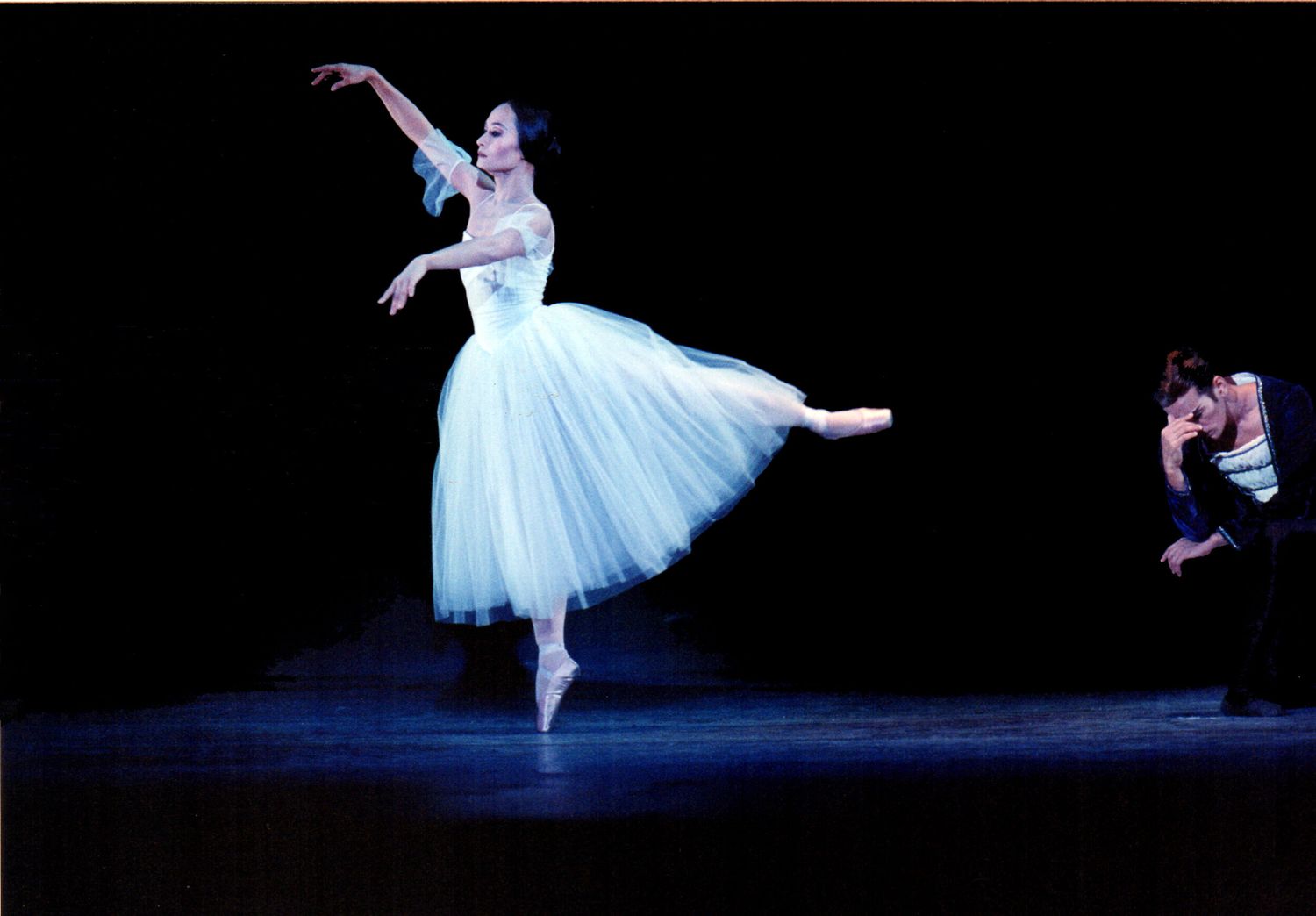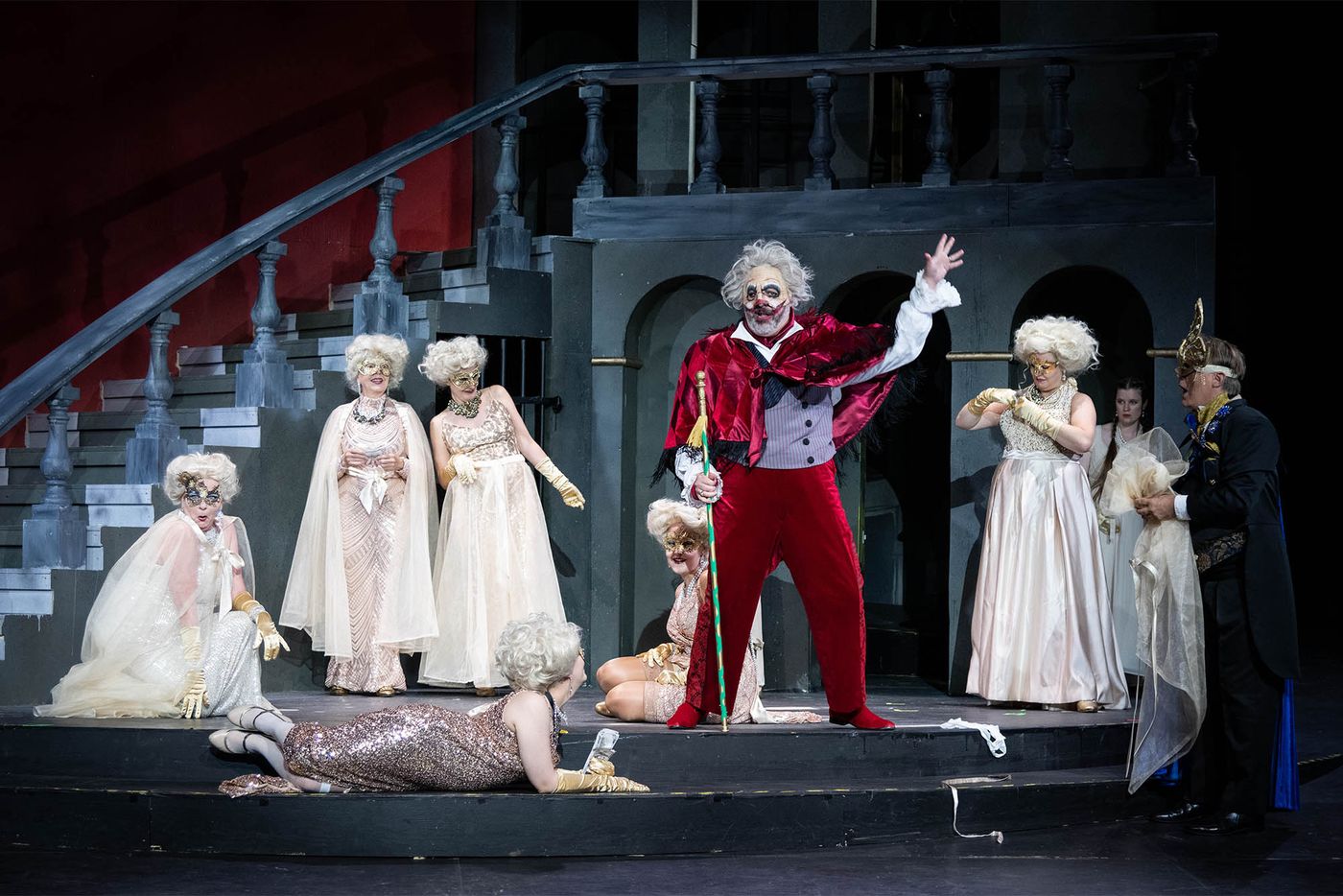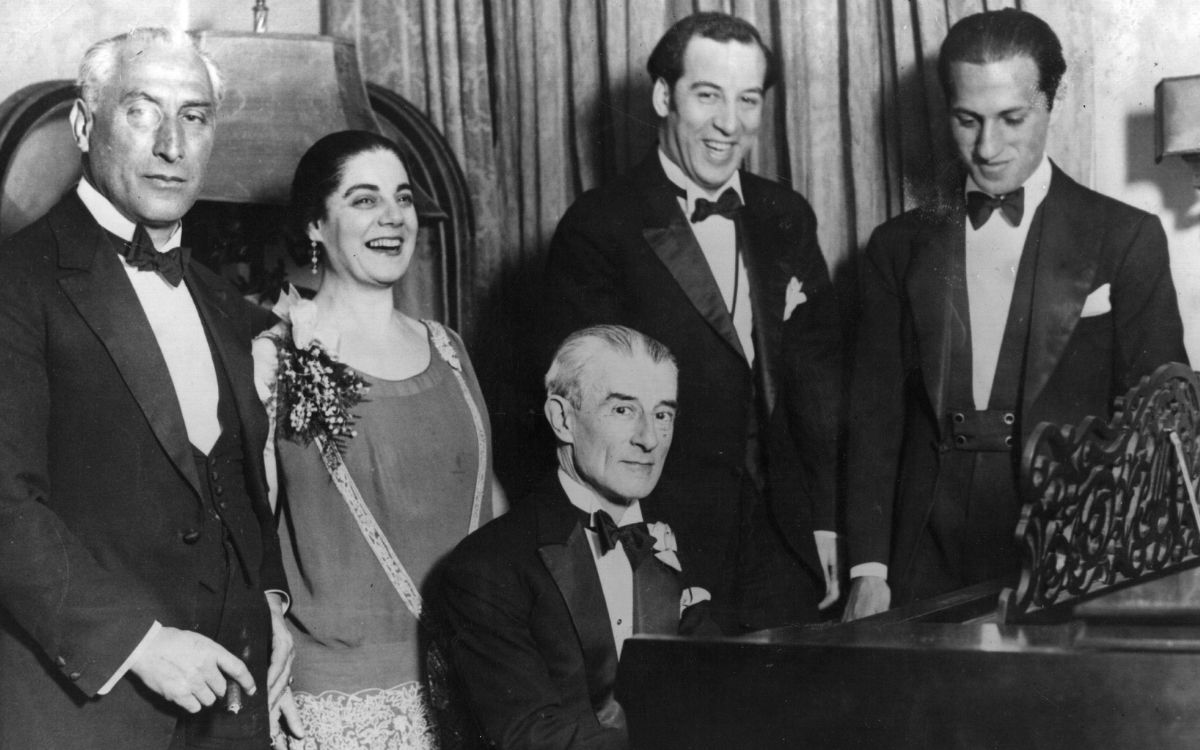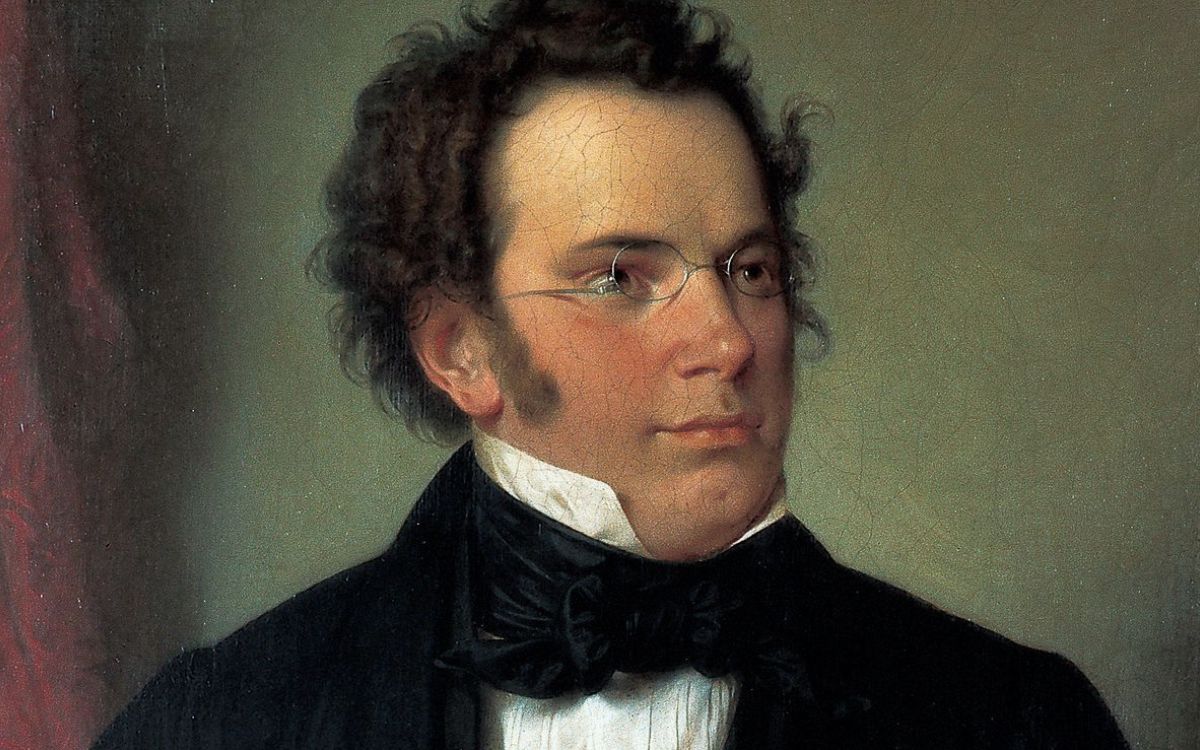Home>Genres>Jazz>Who Composed The 1944 Jazz Standard I Fall In Love Too Easily?
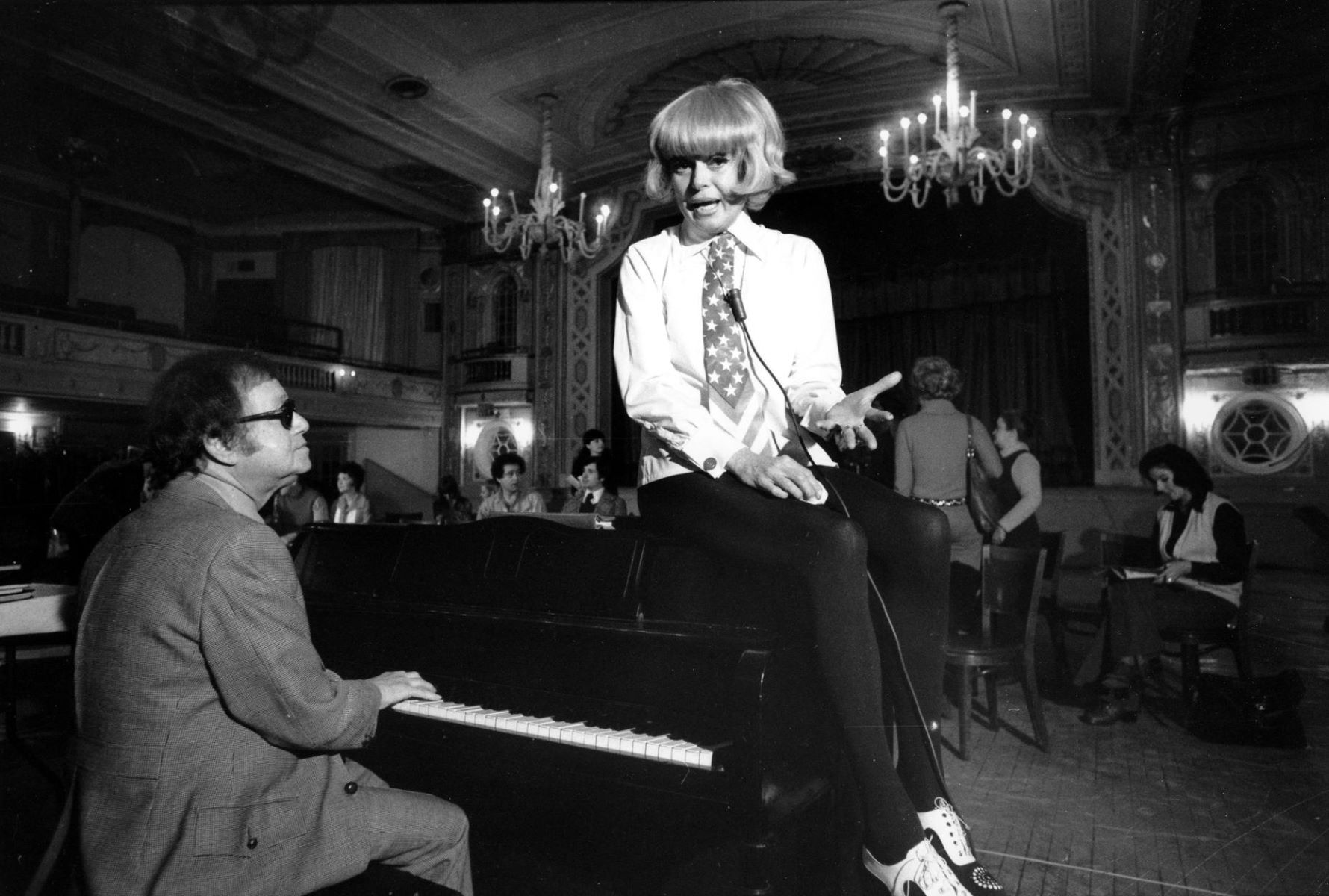

Jazz
Who Composed The 1944 Jazz Standard I Fall In Love Too Easily?
Modified: February 18, 2024
Discover the composer behind the timeless jazz standard "I Fall In Love Too Easily", written in 1944. Immerse yourself in the captivating melodies of this iconic track.
(Many of the links in this article redirect to a specific reviewed product. Your purchase of these products through affiliate links helps to generate commission for AudioLover.com, at no extra cost. Learn more)
Table of Contents
Introduction
Jazz, a genre full of improvisation and emotional expression, has captured the hearts of music lovers for decades. One of the defining features of jazz is the repertoire of timeless classics known as jazz standards, songs that have stood the test of time and continue to be reinvented by musicians of all generations. In this article, we delve into one such jazz standard: “I Fall In Love Too Easily.”
With its haunting melody and poignant lyrics, “I Fall In Love Too Easily” has become a beloved song within the jazz community. Composed in 1944, it represents an era marked by artistic innovation and cultural shifts. This jazz standard showcases the emotional depth and vulnerability that is central to the genre, captivating listeners with its heartfelt portrayal of love and longing.
In the following sections, we will explore the background, composition, and significance of “I Fall In Love Too Easily” within the jazz landscape. We will delve into the genius behind its creation and examine notable performances and interpretations through the years. By the end, you’ll gain a deeper appreciation for this enchanting piece of music and its impact on the jazz genre.
Background on the Jazz Standard
Jazz standards are songs that have become part of the core repertoire in the jazz genre. They serve as a common language among musicians, allowing for spontaneous collaboration and improvisation. These standards are often drawn from popular songs of their time and then reimagined by jazz musicians, infusing them with their unique artistic interpretation.
“I Fall In Love Too Easily” is no exception. Originally, it was composed as part of the soundtrack for the 1945 film “Anchors Aweigh.” The film starred Gene Kelly and Frank Sinatra, and the music was written by Jule Styne, with lyrics by Sammy Cahn. However, it was only after the film’s release that the song gained recognition in the jazz world, becoming a staple in the repertoire of numerous jazz musicians.
The melancholic and introspective nature of “I Fall In Love Too Easily” lends itself perfectly to the improvisational spirit of jazz. Its emotional depth and lyrical beauty make it a captivating piece that resonates with both performers and listeners. The song’s haunting and bittersweet melody has made it a favorite among jazz musicians seeking to showcase their ability to convey complex emotions through their instrument.
The simplicity of the song’s structure also contributes to its enduring popularity. Its straightforward chord progression provides a solid foundation for musicians to explore and experiment within the boundaries of the composition. This simplicity allows for endless variations and reinterpretations, ensuring that each performance of “I Fall In Love Too Easily” is unique and captivating in its own way.
Over the years, “I Fall In Love Too Easily” has become a jazz standard, firmly embedded in the fabric of the genre. Its timeless appeal and ability to evoke deep emotions have solidified its place among the great jazz compositions. As we delve further into the song, we will uncover the rich history behind its creation and delve into the genius of the composer.
The Melody and Lyrics of “I Fall In Love Too Easily”
“I Fall In Love Too Easily” is characterized by its hauntingly beautiful melody and introspective lyrics. The combination of both elements creates a sense of vulnerability and emotional depth that has captivated audiences for decades.
The melody of the song is simple yet powerful, beginning with a poignant leap of a minor seventh. This interval immediately sets the tone and evokes a feeling of heartache. As the melody unfolds, it weaves through various intervals, showcasing a sense of yearning and longing that perfectly complements the lyrics.
The lyrics, penned by Sammy Cahn, poetically depict the experience of falling in love too easily and the accompanying pain and vulnerability. They beautifully portray the inner struggle of someone who finds themselves constantly giving their heart away, only to face disappointment and heartbreak. Lines like “I fall in love too easily, I fall in love too fast” resonate with listeners who can relate to the experience of love’s complexities and its ability to both uplift and wound.
The combination of the haunting melody and introspective lyrics creates a poignant and emotionally charged atmosphere throughout the song. It allows both the performer and the audience to connect on a deep level, as they explore the universal theme of vulnerability in love.
Throughout the song, the interplay between the melody and the lyrics further enhances the emotional impact. As the melody rises and falls, it perfectly mirrors the highs and lows of love. The lyrical phrasing and expressive nuances in the delivery of the lyrics also add depth and convey the intricate emotional landscape portrayed in the song.
Overall, the melody and lyrics of “I Fall In Love Too Easily” work cohesively to create a powerful and evocative musical experience. The combination of heartfelt lyrics and a haunting melody makes this jazz standard a standout composition in the genre.
The Composer of “I Fall In Love Too Easily”
The mastermind behind the composition of “I Fall In Love Too Easily” is Jule Styne, a prominent American composer and songwriter. Born on December 31, 1905, in London, Styne’s musical career spanned several decades and encompassed a wide range of genres, from Broadway to film scores.
Styne was a highly versatile composer, known for his ability to create melodies that resonated with audiences and stood the test of time. His collaboration with lyricist Sammy Cahn proved to be particularly fruitful, and together they created many iconic songs, including “I Fall In Love Too Easily.”
Styne’s approach to composing was rooted in his deep understanding of storytelling. He believed that a song should not only be musically pleasing but should also serve a purpose within the narrative. This philosophy is evident in “I Fall In Love Too Easily,” as the song effectively captures the emotions and experiences of the characters portrayed in the film “Anchors Aweigh.”
Styne’s composition style for this song, as well as his other works, was marked by his ability to create memorable melodies that resonated deeply with listeners. His keen ear for crafting captivating hooks and his knack for creating emotional dynamics allowed him to leave a lasting impact on the jazz repertoire.
As a composer, Jule Styne received numerous accolades throughout his career, including an Academy Award for Best Original Song and multiple Tony Awards for his contributions to Broadway. His work on “I Fall In Love Too Easily” showcases his exceptional talent for capturing complex emotions through music and has solidified his status as one of the great composers in jazz and popular music.
Although Styne may be best known for his work in the realm of Broadway, his remarkable ability to create enduring melodies and his contribution to the jazz repertoire cannot be overlooked. “I Fall In Love Too Easily” stands as a testament to his immense talent and his enduring legacy in the world of music.
Historical Performances and Recordings
Since its composition in 1944, “I Fall In Love Too Easily” has been performed and recorded by countless jazz musicians, each bringing their unique interpretation to the song. Let’s explore some notable historical performances and recordings that have shaped the legacy of this beloved jazz standard.
One of the earliest renditions of “I Fall In Love Too Easily” was by saxophonist Stan Getz in 1950. Getz’s smooth and lyrical playing style perfectly complemented the melancholic nature of the song, and his interpretation became a touchstone for future performances. His recording of the song remains a classic among jazz enthusiasts.
In 1959, legendary trumpeter Chet Baker also left his mark on “I Fall In Love Too Easily” with his iconic rendition on the album “Chet Baker Sings.” Known for his delicate and vulnerable vocal delivery, Baker’s interpretation of the song showcased his ability to convey raw emotion through both his voice and trumpet playing. This version cemented the song’s status as a jazz standard.
Another notable performance came from jazz vocalist Ella Fitzgerald, whose recording of “I Fall In Love Too Easily” in 1961 demonstrated her impeccable vocal control and ability to infuse the song with her signature charm and elegance. Fitzgerald’s rendition showcased her effortless phrasing and dynamic range, solidifying her status as one of the greatest interpreters of jazz standards.
Over the years, this jazz standard has continued to be embraced by a wide range of musicians, showcasing its versatility and timeless appeal. Artists such as Miles Davis, Bill Evans, Sarah Vaughan, and Diana Krall have all contributed their unique interpretations, each bringing their own artistic flair to the song.
The influence of “I Fall In Love Too Easily” extends beyond vocal and instrumental performances. The song has also been featured in films and television shows, further enhancing its cultural impact. Its inclusion in various soundtracks has exposed the song to wider audiences and solidified its place as a cherished piece of musical history.
The enduring nature of “I Fall In Love Too Easily” lies in its ability to resonate with audiences throughout generations. Its timeless melody and heartfelt lyrics continue to inspire musicians and move listeners. As we explore contemporary interpretations of the song in the next section, it’s worth reflecting on the historical performances and recordings that have shaped its legacy and contributed to its enduring popularity.
Contemporary Interpretations
“I Fall In Love Too Easily” has remained a beloved jazz standard, continuously reimagined by contemporary musicians, showcasing the song’s timeless appeal and its ability to connect with new audiences. Let’s explore some notable contemporary interpretations that have breathed new life into this classic composition.
Vocalist and pianist Norah Jones, known for her soulful and introspective style, offered her interpretation of “I Fall In Love Too Easily” on her 2002 album, “Come Away with Me.” Her stripped-down, intimate rendition allowed the vulnerability of the song to shine through, highlighting the emotional depth of the lyrics.
Guitarist John Scofield, renowned for his mastery of the instrument in various genres, including jazz and fusion, tackled “I Fall In Love Too Easily” on his album “Quiet.” Scofield’s innovative approach and improvisational prowess added a fresh perspective to the song while staying true to its emotional core.
Trumpeter and composer Terence Blanchard also made his mark with a modern interpretation of “I Fall In Love Too Easily” on his album “Let’s Get Lost.” Known for his versatility and captivating performances, Blanchard’s rendition showcased his lyrical trumpet playing and his ability to convey deep emotion through his instrument.
Contemporary jazz vocalist Gregory Porter introduced a soulful and heartfelt version of “I Fall In Love Too Easily” on his album “Nat King Cole & Me.” Porter’s rich and velvety vocals, paired with his unmistakable storytelling ability, breathed new life into the classic, capturing the essence of the song’s yearning and vulnerability.
Furthermore, the beauty of “I Fall In Love Too Easily” lies in its ability to transcend traditional jazz interpretations and be embraced by artists in other genres. Musicians such as pop singer Barbra Streisand, indie folk duo The Civil Wars, and even rock band Coldplay have incorporated the song into their repertoire, offering their unique takes on this timeless composition.
These contemporary interpretations of “I Fall In Love Too Easily” showcase the versatility and enduring appeal of the song. Through their distinct artistic approaches, these musicians have breathed new life into the composition, introducing it to new audiences while honoring the emotional depth and vulnerability that have made it a treasured jazz standard.
As jazz continues to evolve and intersect with other genres, we can expect to see even more innovative and captivating interpretations of “I Fall In Love Too Easily” in the future. The ability of this timeless song to connect with listeners on a profound emotional level ensures its place in the jazz canon for years to come.
Conclusion
“I Fall In Love Too Easily” stands as a hauntingly beautiful jazz standard that has captured the hearts of audiences for decades. Its timeless melody and introspective lyrics have made it a beloved composition with enduring popularity.
From its origins as part of the film soundtrack for “Anchors Aweigh” in 1944, the song has found its way into the jazz repertoire, becoming a staple for musicians seeking to convey deep emotions and vulnerability. The genius of composer Jule Styne is evident in the captivating melody that weaves its way through the heart-rending lyrics penned by Sammy Cahn.
The song’s history is punctuated by notable performances and recordings by legendary musicians, each contributing their unique interpretation to its legacy. From the lyrical musings of Chet Baker to the elegant phrasing of Ella Fitzgerald, these performances have solidified “I Fall In Love Too Easily” as an essential part of the jazz canon.
However, the song’s impact extends beyond its historical performances. Contemporary musicians, such as Norah Jones, John Scofield, Terence Blanchard, and Gregory Porter, continue to reinterpret the song, breathing new life into its timeless melody and adding their artistic voices to its legacy.
The enduring nature of “I Fall In Love Too Easily” lies in its ability to resonate with listeners across generations. Its ability to evoke deep emotions and capture the complexities of love ensures its place as a treasured piece of music in the jazz and popular music landscape.
As jazz continues to evolve, we can anticipate that “I Fall In Love Too Easily” will remain a source of inspiration for future musicians. Its vulnerability, simplicity, and universal themes will continue to draw performers and listeners alike, ensuring the song’s enduring relevance.
So, the next time you hear the haunting melody and introspective lyrics of “I Fall In Love Too Easily,” take a moment to appreciate the timeless beauty of this jazz standard. Let its emotional depths wash over you and remind you of the power of music to connect, inspire, and evoke profound emotions.


